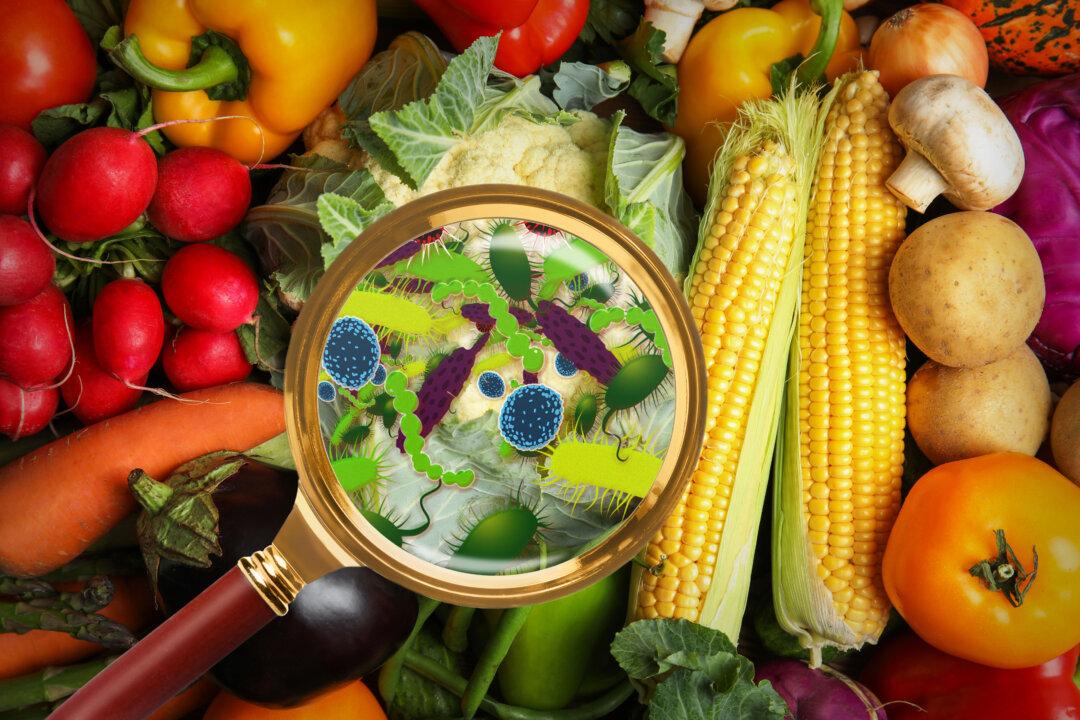Commentary
What if the epidemic of mass shootings has less to do with guns and more to do with microbes? It sounds crazy at first, but hear me out.

What if the epidemic of mass shootings has less to do with guns and more to do with microbes? It sounds crazy at first, but hear me out.